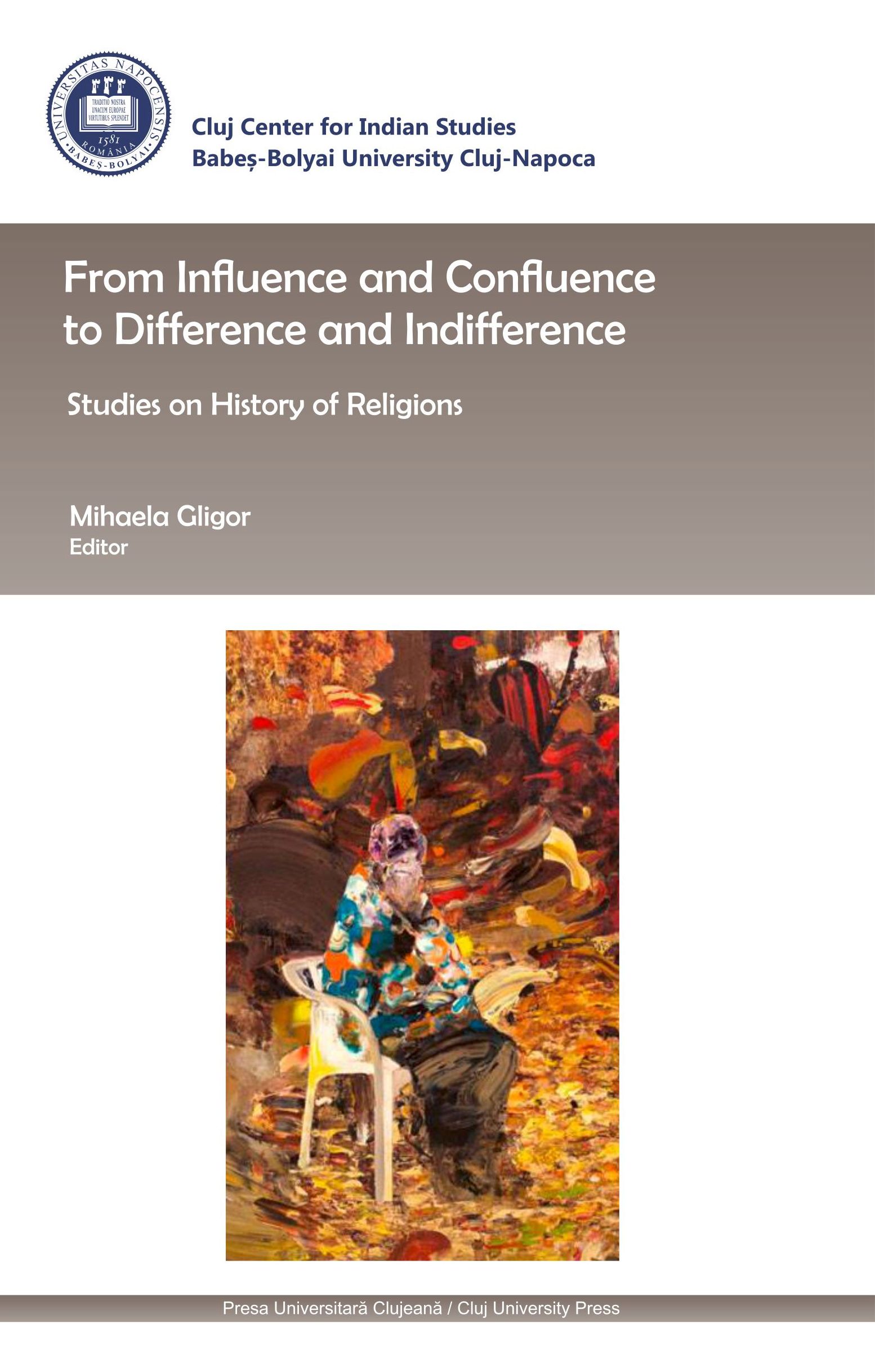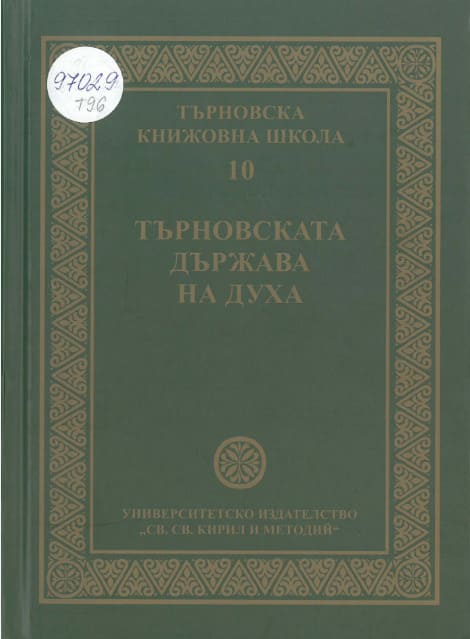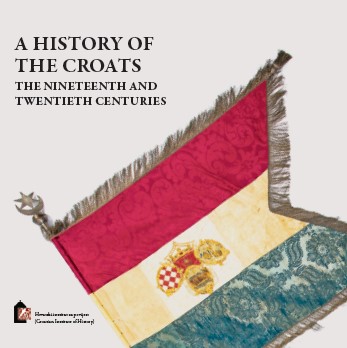Author(s): Plamen Sabev / Language(s): English,Bulgarian
Publication Year: 0
In the second half of the 17th century a Boka-Kotorska icon painting school was formed. Despite its popularity, extensive research and publications have been made on representative personalities. In the museum of the medieval town of Dubrovnik today there are 35 icons belonging to the Boka-Kotor School. The amount of works attributed to the artistic range of the school is not exhausted. In the first decades of the eighteenth century icons appeared in the most elite and high-paying commercial territories, churches and monasteries, which are post-Byzantine. Even in stylistic terms, as I have already said, they have nothing to do with the old masterpieces of the Dubrovnik masters. The first distinctive feature is that the models and models of iconography that will be used in the work of this school are of post-Byzantine origin. For example, the composition “Deisis”, which is strongly represented in the work of some generations of masters, is indicative. Of course, Western prototypes, decorative elements characteristic of Baroque painting, are coming into the art of later periods. The Tryavna iconographic school, despite its individual characteristics, also follows the traces of naivetry and the shaping of shapes. Undoubtedly, there are long distances, distant centres developing independently of each other. But, on the other hand, the boundaries of art come closer, even cross, especially when it comes to religious-popular ideas and the progression of visual rhythm and reflection of creative consciousness. The present study is devoted to these issues and a comparative analysis of various inscriptions and stylistic features.
More...



